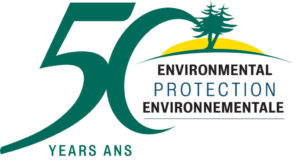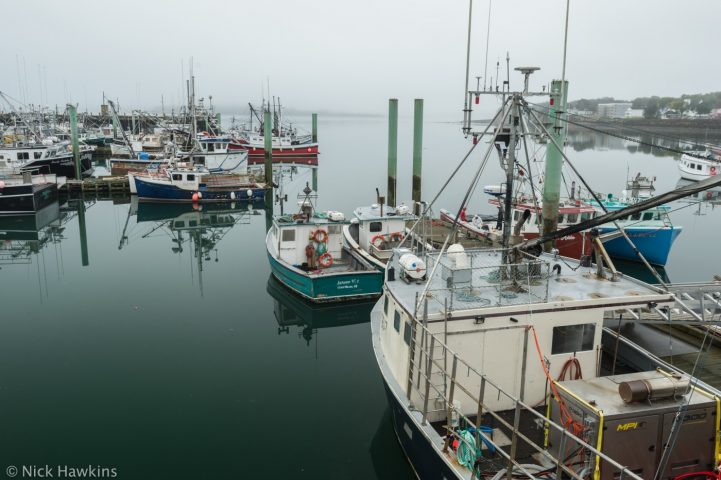The Conservation Council’s Marine Conservation Program issued the following statement with respect to the release of today’s Special Report on the Ocean and Cryosphere in a Changing Climate from the Intergovernmental Panel on Climate Change (IPCC):
“This report is a scientific call to action that we must act urgently to drastically reduce the carbon pollution that is unbalancing the climate and causing catastrophic changes to the world’s oceans and ice coverage,” said Matt Abbott, Fundy Baykeeper and Director of Marine Conservation at the Conservation Council.
“The overwhelming scientific evidence is clear,” adds Anne Fauré, the council’s Gulf of St. Lawrence Fisheries Specialist. “We must protect the livelihoods of critical inshore fishers and coastal communities up and down the Northumberland Strait and Bay of Fundy that depend upon a healthy ocean.”
Concludes Abbott: “We know that the Bay of Fundy is one of the fastest warming bodies of water in the world and New Brunswickers have seen firsthand in recent years the devastation of extreme weather fuelled by climate change. From back-to-back record-breaking floods, the 2017 Ice Storm, Post-Tropical Storm Arthur and Hurricane Dorian, the time to protect New Brunswickers health and safety from the climate crisis on land and sea is now.”
Quick facts:
- The IPCC’s report was compiled over two years by more than 100 experts from 36 countries who analyzed 7,000 scientific publications.
- The report concludes that communities near the coast, including in New Brunswick, are “particularly exposed to ocean and cryosphere change, such as sea level rise, extreme sea level and shrinking cryosphere.”
- The report also concludes that:
- “once per century” high-water events for many coastal communities could occur every year;
- The number of marine heatwaves that kill off fisheries has doubled since 1982 and will increase 20-fold over time.
For more information of to arrange an interview, contact:
Jon MacNeill, Communications Director, Conservation Council of New Brunswick: 506-238-3539 (mobile) 506-458-8747 (office) jon.macneill@conservationcouncil.ca


